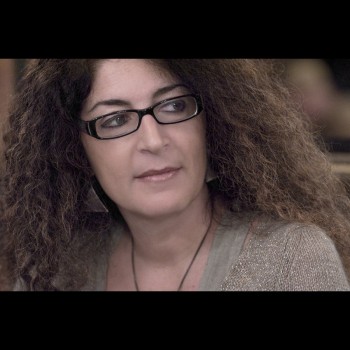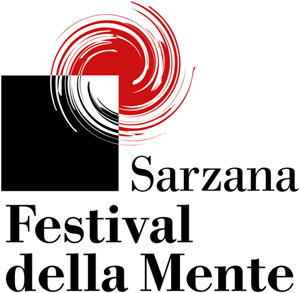2015 Programme
Event #28
Melania G. Mazzucco
A painting for freedom
«Painters read newspapers, too», lamented Stendhal, while visiting the Paris Salon in 1824. He was bothered by the fact that twenty-six-year-old painter Eugène Delacroix had depicted a scene from contemporary history: painters of the time were commissioned historical paintings, sure – but it had to be ancient history, whereas Delacroix was slamming the public in the face with a Scene of the Chios massacres that had just been committed on the other side of the Mediterranean. The Greeks had risen up against the Ottoman Empire. Similar sparks were nestled beneath the ashes of the Restoration in Europe. Delacroix could not and would not remain indifferent: the wars of others are also our own. This is the story of a twofold revolt: the one fought on the surface of the Aegean island where Homer had once been born, and the one fought on the surface of the canvas by a young artist – both for freedom. Freedom of man and freedom of art, which have always been the same thing.
debuted with the novel Il bacio della Medusa (Rizzoli, 1996), followed by La camera di Baltus (Baldini & Castoldi, 1998) and Lei così amata (Rizzoli, 2000). In Vita (Rizzoli, 2003, Einaudi, 2012, Strega prize) she reinvents the story of her family, who migrated to America at the start of the 20th century. In 2005 she published Un giorno perfetto (Rizzoli) adapted into film by the director Ferzan Özpetek. Her novels La lunga attesa dell’angelo (2008) and Jacomo Tintoretto & i suoi figli. Storia di una famiglia veneziana (2009), both published by Rizzoli, are devoted to the life of the Venetian painter Tintoretto. Einaudi has published her books Limbo (2012), Il bassotto e la Regina (2012), Sei come sei (2013). In 2013 she analysed 52 masterpieces of art in the column Il museo del mondo in la Repubblica (which in 2014 was adapted into a book for Einaudi). Her novels are translated in 24 countries.
Event #6
Alessandro Barbero
The historian's responsibility. Gaetano Salvemini: from Socialist interventionism to anti-Fascism

Event #8Approfonditamente
Marco Rossi-Doria, Giulia Tosoni
Kids and school: what, how and where are they learning

Event #13Approfonditamente
Adolfo Ceretti, Simonetta Agnello Hornby, Alfredo Verde
Gender-based violence: Perpetrators, victims and models of intervention.

Event #22
Alessandro Barbero
The historian’s responsibility. Marc Bloch: from the Sorbonne to the Gestapo prisons

Event #25Approfonditamente
Marco Belpoliti, Gianfranco Marrone, Anna Stefi
Laziness, fatigue, and our constant running

Event #26
Eugenio Borgna, Simonetta Fiori
Knowing ourselves and knowing others: a different way of being responsible

Event #35
James R. Flynn, Armando Massarenti
Without an alibi: a voyage across life’s greatest questions

Event #38
Alessandro Barbero
The historian’s responsibility. Ernst Kantorowicz: from the Freikorps to McCarthyism

Event #57Children / Kids
Sante Bandirali e Lorenza Pozzi di uovonero
Read like you’ve never read before























